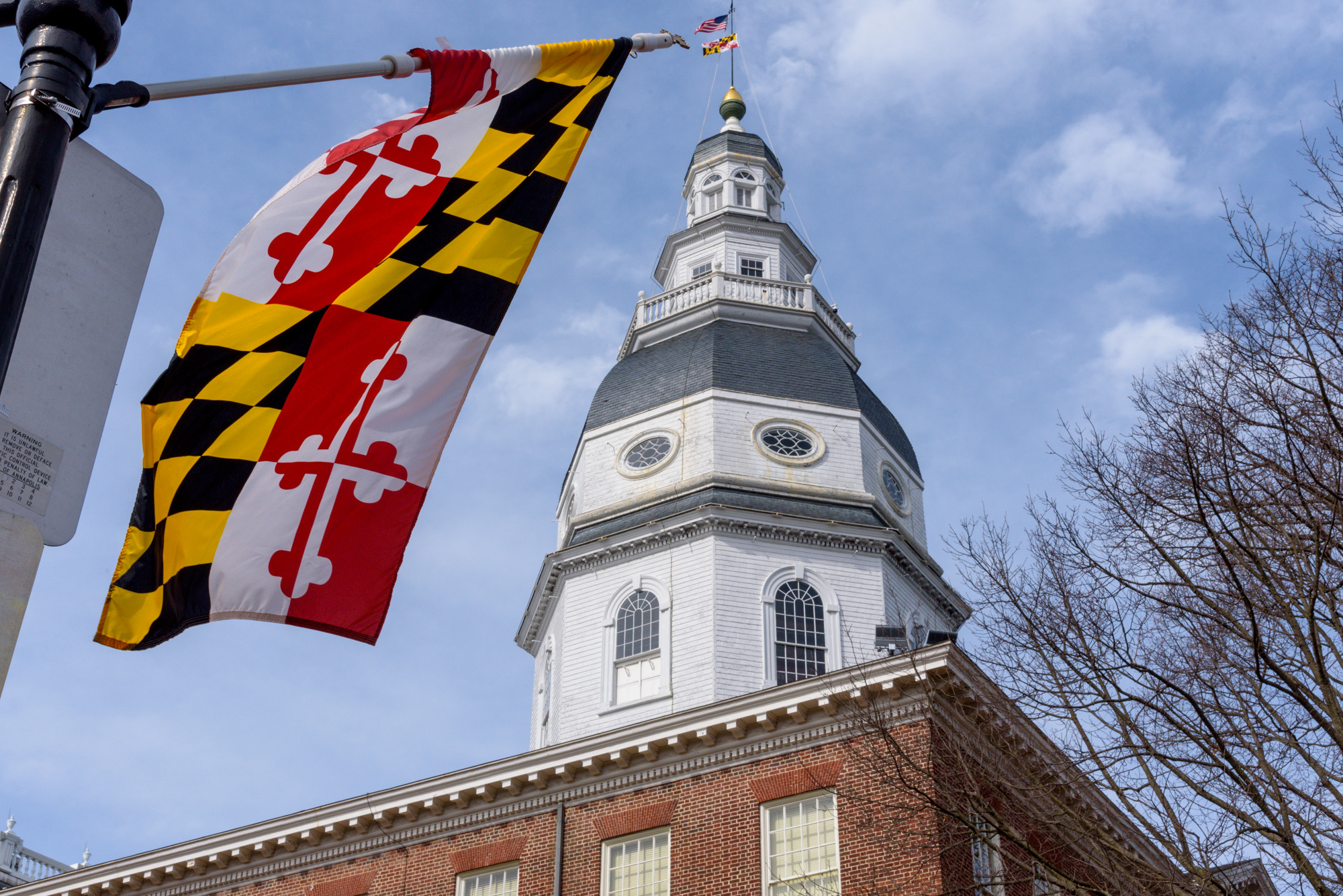Views expressed in opinion columns are the author’s own.
If there’s one issue that can unite our highly polarized nation, it’s our common hatred of Big Tech. Generally, the conservative movement’s opposition to tech companies finds its roots in “cancel culture” discourse, while the left’s revulsion for Big Tech largely arises from an antitrust perspective. At this point, everybody from Sen. Josh Hawley (R-Mo.) and Sen. Ted Cruz (R-Texas) to Sen. Elizabeth Warren (D-Mass.) and Rep. Alexandria Ocasio-Cortez (D-N.Y.) has, in some way or another, expressed a desire to further regulate the Silicon Valley behemoths. In Maryland, however, it seems like opposition to Big Tech is more of a partisan affair.
This week, the Maryland state legislature became the first in the country to adopt a digital advertising gross revenues tax similar to the one enacted by the French government. The tax will apply to companies making over $100 million per year in global revenue from digital advertisements, who will then pay a levy on ads shown in the state.
Perhaps unsurprisingly, Maryland Republicans and industry groups backed by Google, Amazon and Facebook (among others) have spent the better part of the past year bashing the proposal. Gov. Larry Hogan originally rejected the bill in May despite a veto-proof majority in the General Assembly. It was subsequently reapproved in the chamber’s recent proceedings.
The governor’s opposition to the tax likely comes as a result of his neoliberal “free markets equals free people” philosophy. Hogan believes additional taxes are unjust and unnecessary. He says they’ll be passed off to small businesses that use digital advertising rather than curbing the behavior of the big corporations whom the tax targets (a problem that the General Assembly has introduced a bill to solve).
While the new tax will raise about $250 million for the state, some prominent supporters contended that “it would be beneficial even if all you did was take the money and put it in the bank and didn’t spend it.” This thinking may seem simplistic, but it’s correct — what hurts the bottom line of Facebook and Amazon is probably good for society at large.
While speaking before the General Assembly, Nobel Memorial Prize winner Paul Romer proclaimed the tax’s core purpose is to “undermine the monopolies that control all of the information about what we do.” It bears repeating that Big Tech firms make a substantial portion of their revenue from selling user data; in other words, our information is the product. So, state Democrats have advanced the tax as a means of discouraging companies from collecting data, while also allowing the average citizen to reclaim some of the profit generated from the sale of their personal information.
Maryland’s new tax on digital advertising is an unequivocal good for the state and its residents. The state budget has decayed as a result of the pandemic, and an influx of cash — paid for by companies making hundreds of billions in profit throughout the pandemic — would be a boon to our economic recovery. However, beyond the issue of dollars and cents, this check on Big Tech’s power could prove to be consequential for the future of our daily lives.
Stricter regulation for Silicon Valley is beyond overdue. Companies such as Amazon, Facebook, Twitter and Google don’t just control products — they hold sovereignty over our modern-day agora. The very nature of our social, cultural and political discourse is dictated by what “the algorithm” sees as relevant. The modern-day robber barons have now gone beyond taking advantage of their workers’ labor; they’ve bottled up and slapped a label on the very essence of our beings and sold it in bulk to the highest bidder.
Regulatory actions such as those enacted in Maryland are welcome advancements toward a more robust, free society. Hopefully, other states around the country will follow suit and will loosen the grip that Silicon Valley has over us all.
Josh Binderman is a senior government and politics major. He can be reached at jmbinderman@gmail.com.



